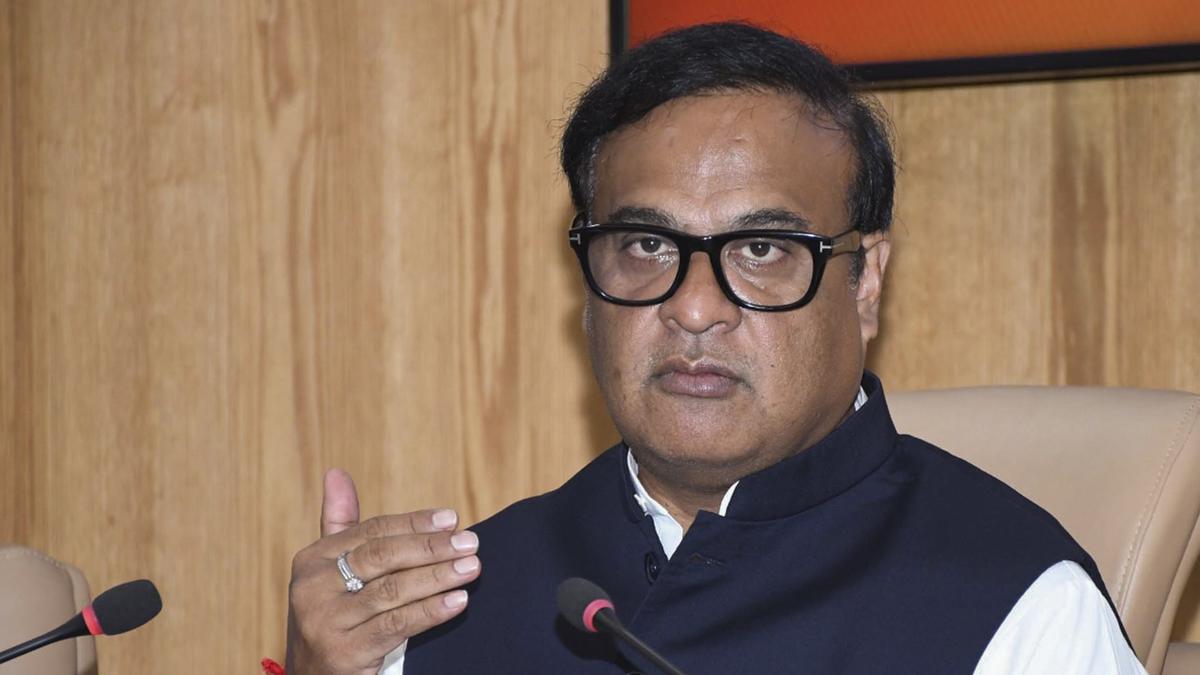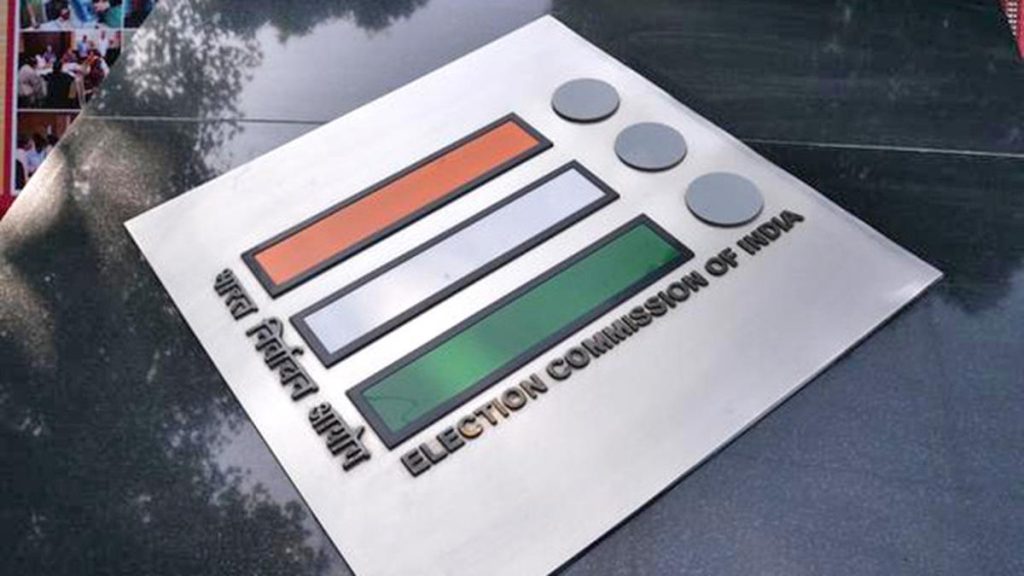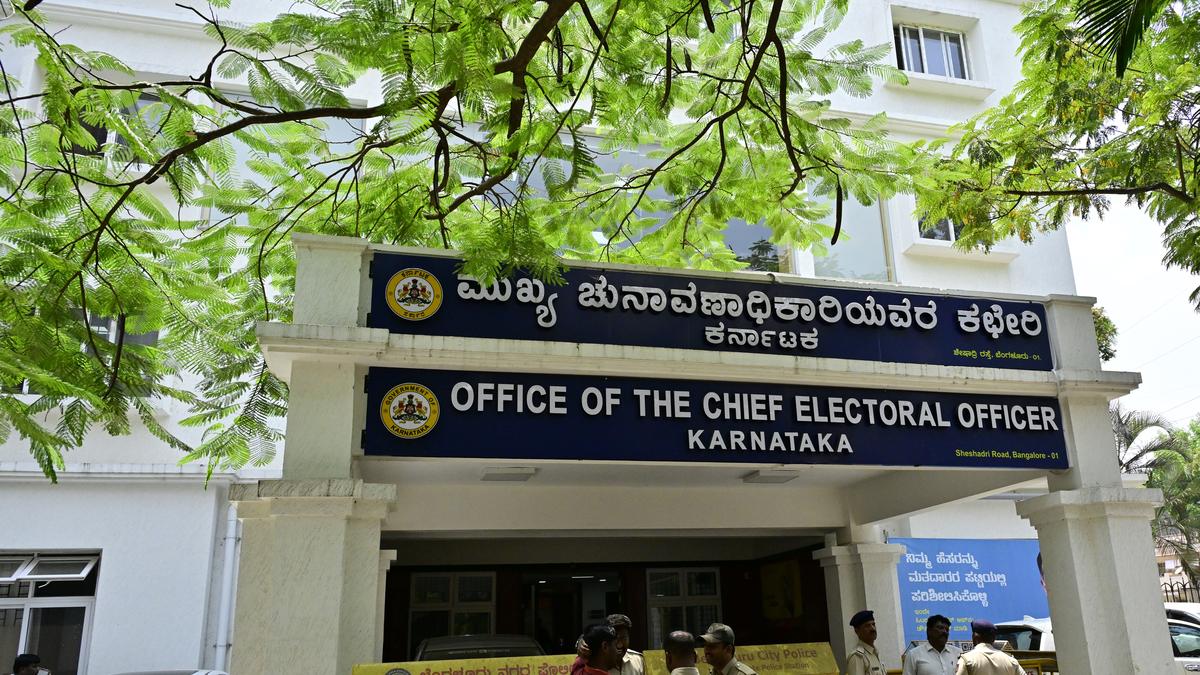Now Reading: Assam Parties Pledge Peace Ahead of Bodoland Polls
-
01
Assam Parties Pledge Peace Ahead of Bodoland Polls
Assam Parties Pledge Peace Ahead of Bodoland Polls

Quick Summary
- The Bodoland Territorial Council (BTC) elections are set to take place on September 22, covering 40 constituencies in the Bodoland Territorial Region (BTR), Assam.
- Campaigning intensified three days before polls, with Chief Minister himanta Biswa Sarma (BJP) and BTC chief Pramod Boro (UPPL) addressing rallies.
- Sarma credited the BJP for maintaining peace in the historically unrest-prone region since 2020 and assured land would stay with locals instead of corporations like Adani or Ambani amidst allegations of corporate land allocation.
- At another rally, UPPL leader Pramod Boro emphasized his party’s focus on peace that enabled multi-sector growth after decades of rule by the Bodoland People’s Front (BPF).
- The UPPL and BJP are contesting separately this time despite being former allies. The BJP is competing in 30 seats while the UPPL is fielding candidates across all 40 constituencies.
- Key rivals include former extremist leader Hagrama Mohilary’s BPF and Congress, which are also contesting all 40 seats with promises of lasting peace.
- During speeches, cultural sensitivities were evident as leaders acknowledged local customs; e.g., Pramod Boro paused his address during a Muslim prayer.
Indian Opinion Analysis
The upcoming BTC elections hold considerable significance as they test political narratives centered around sustaining peace in one of India’s most historically volatile regions. For over two decades marked by ethnic conflicts and extremism, assurances from political leaders regarding stability will remain critical to winning voters’ trust. With multiple parties like BJP, UPPL, Congress, and BPF promising “lasting peace,” voters face a choice between historical performances versus recent claims.
The breakdown of alliances between previously partner parties like BJP-UPPL reflects shifting political dynamics within the region.Though it diversifies choices for voters across ethno-political lines-tribal versus non-ST representation-the fragmentation might complicate governance post-elections. With developmental issues tied intrinsically to ongoing peaceful conditions in this fragile border region near Bhutan’s boundary line-up debates about inclusive growth impact likely future coalitions formed locally strategic broader ties beyond election phase!!























